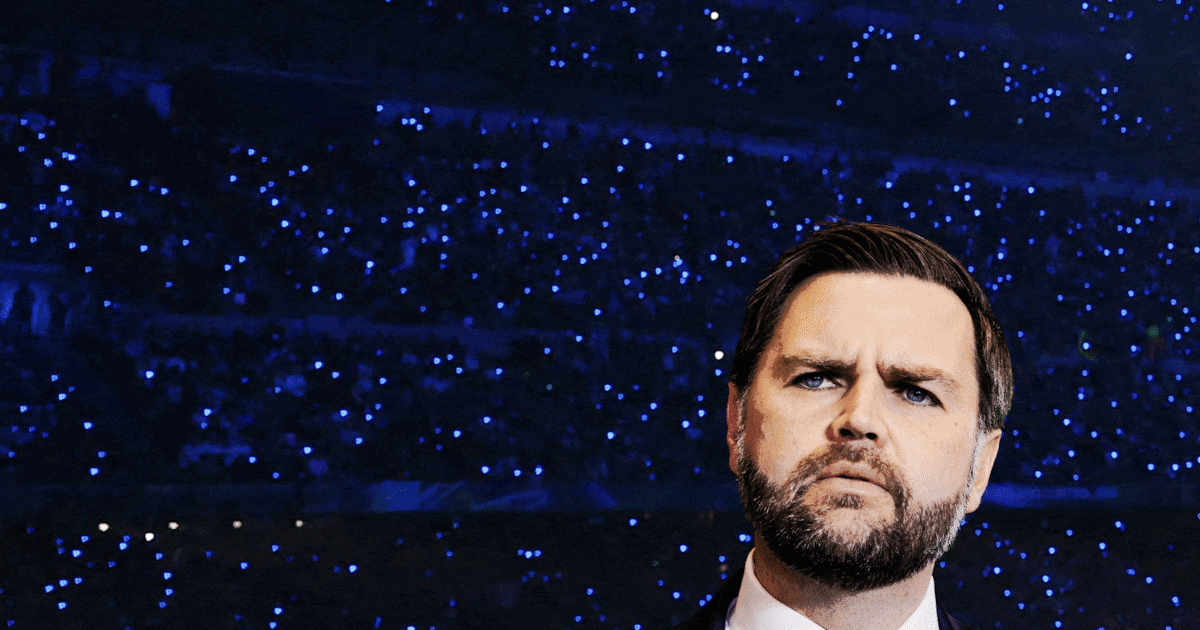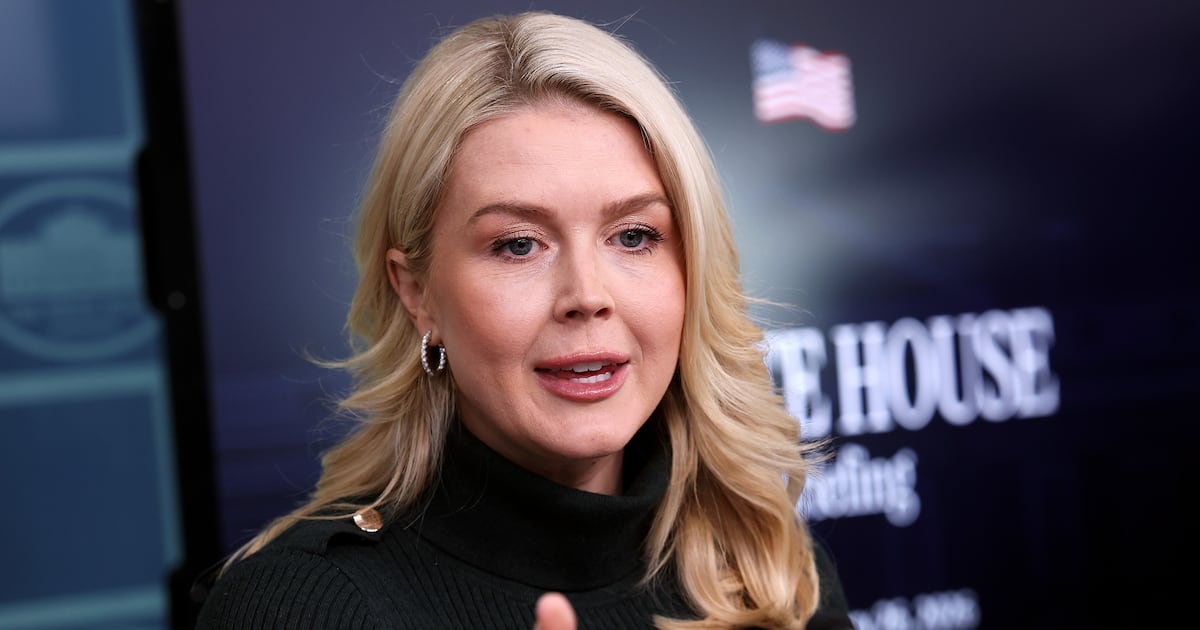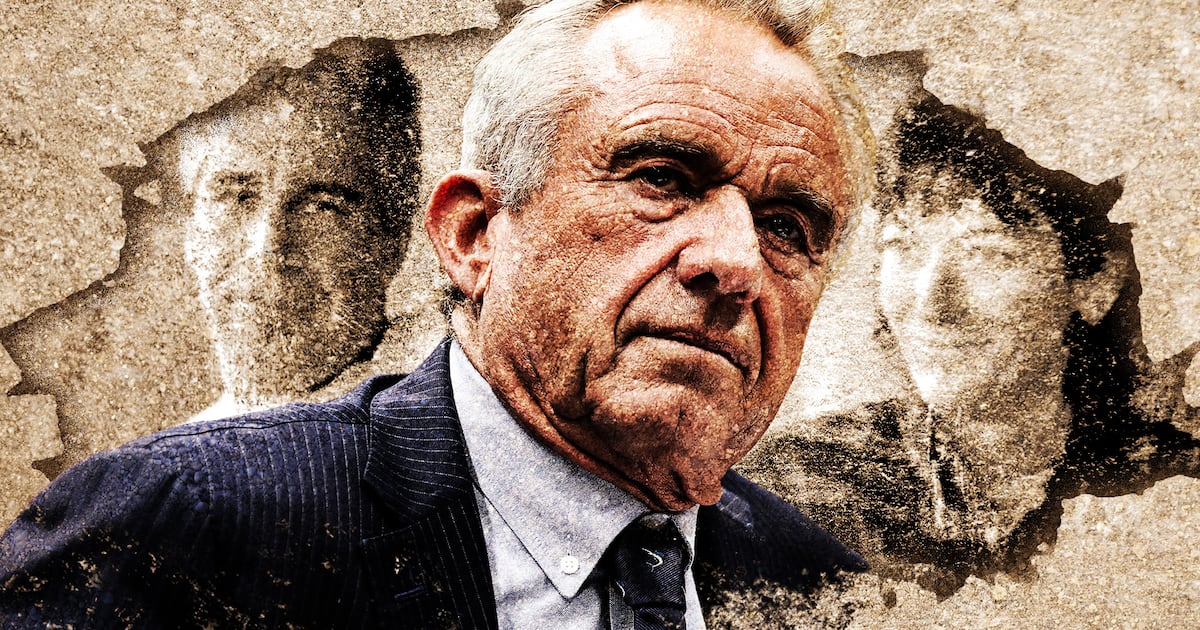
Twenty-five years ago, at age 19, I lost my mind at Princeton University, the place where I'd gone to find my mind (and, if possible, enlarge it) after sailing away from my rural Midwestern home on the magic carpet of high standardized-test scores. My breakdown was social and intellectual rather than narrowly psychological, triggered by two great sources of grinding stress: a class system dominated by the wealthy that kept me in the shadows of campus life and, No. 2, the mental confusion bred by the baffling new academic fashions known as “Deconstructionism” and “Theory.” The clubby rich descendants of the old guard, with their scuffed-up Topsider shoes and sun-bleached polo shirts, their guaranteed jobs at family brokerages, and their spiffy BMW coupes for weekend jaunts to Nantucket and the Cape, made me feel marginal and shabby, while the lofty proponents of Theory made me feel dumb.
Read an excerpt of Lost in the Meritocracy by Walter Kirn
To soothe these discomforts, I took a lot of drugs, drugs whose euphoric distortions of daily life permitted me and other quiz-kid misfits—students who'd been admitted for their test scores rather than their connections or their athleticism—to survive inside Princeton's forbidding Gothic castle, where our gloom and anxiety felt shameful given the place’s colossal self-regard. Princeton taught us that we were lucky to be there, supremely lucky (let's just say it, blessed), and that the place was a portal to opportunities and grand satisfactions that couldn't be had without it. I longed to believe this inspiring propaganda, but along with a number of other outsiders, some of whose crackups were even graver than mine (one kid had a vision from the Lord, styled himself a fire-and-brimstone prophet, and convinced his "disciples" to forfeit their diplomas so as to spare the campus from fiery judgment; another leaped—not fatally—from a fourth-floor railing onto a concrete dormitory floor thinking she was Anna Karenina). I couldn't quite get with the rah-rah, bright-eyed program. And ultimately, once my alienation had festered, I could barely communicate or think. At the low point of my breakdown, spoken words sounded like globs of sonic mud, while written words writhed on the page like dying spiders. I could still speak, but I knew not what I uttered. I merely moved my lips and hoped.

Three years ago, having long ago emerged (or so I thought) from my dark night of the mind, I was talking about it with a friend, Robert Vare of The Atlantic Monthly, when he suggested I write an essay-length memoir about the episode. Despite the story's occasionally lurid content—the drugs, and, yes, some twisted sex—it didn't seem to me at first like typical memoir-material. I review books as a day job, and through the years I've come to view the contemporary memoir as, almost always, a saga of victimization, sometimes by others, sometimes by the self, and sometimes by illness or misfortune, leading, like clockwork, to healing and redemption. The molested child learns to love. The alcoholic escapes the bottle. The depressive makes peace with his moods. Such books are self-help lit in disguise and sometimes their authors set up shop as gurus. But my tale felt different. No predator robbed my innocence, no addiction (except to praise?) enslaved my soul. Also, I was no victim in the normal sense. I was one of America's bright and privileged winners who'd happened to meet a few bumps along the way—some of them large bumps and many of his own making—but none that he hadn't, finally, negotiated.
But then, with Vare's prodding, I thought a little more broadly—about my particular story, first, and then about how its telling might help the memoir escape the daytime-television ghetto of the Top 10 Contemporary Dysfunctions and speak in a more public way to our shared ambitions and experiences as a civilization. My education, I realized, was not just mine but that of millions of us who'd been schooled in roughly the same period and under the same philosophical assumptions. The nemesis we'd confronted, our common adversary, was an impoverished definition of human intelligence itself—one that inevitably, I came to think, molded and deformed our spirits. To young people born under the weird planet of the SAT (the Scholastic Aptitude Test) and raised on the pseudo-scientific notion that mental worth can be ranked in cold "percentiles," intelligence was equated with agility, with raw acuity. It was an empty vessel, void of content and void of passion, too. It represented the ability to shine at whatever task was put before one, but not the urge to master any one task, let alone because one loved that task. As such, it produced a certain sort of person of which I was a typical specimen: the cultural opportunist, the mental contortionist, able to rise to almost every challenge placed before him at school or work except, perhaps, to the challenge of real self-knowledge.
To young people born under the weird planet of the SAT, intelligence was equated with agility, with raw acuity. It produced a certain sort of person of which I was a typical specimen: the mental contortionist, able to rise to almost every challenge placed before him, except the challenge of real self-knowledge.
My essay, and then my book, were hell to write. The words came slowly, cloaked in melancholy, saturated with regret. In a series of charmless late-night rooms cluttered with coffee cups doubling as ashtrays, I moved back in time not just to bruising Princeton but to the faddish public schooling before it, when I first became the artful dodger who longed to stand astride the world but knew no other way to pull it off besides impressing his teachers with big words, aping trendy academic attitudes, and, when necessary, resorting to careening flights of bullshit. While I was writing the last few chapters, the breakdown happened, this time in a milder, briefer form, as I sat at my desk in a faculty apartment at the University of Chicago. It was late. I'd been writing for 16 hours straight about being hazed by a sadistic rich kid who'd doped me with drugs and driven me to his mansion to deliver this message, literally, in words: "You'll never be one of us." I went to the bathroom, splashed water on my face, and saw the blurry, apprehensive visage of an overwhelmed 19-year-old who suddenly couldn't speak or read or think—a wandering son of the modern meritocracy who sometimes regards himself, even to this hour, as a nervous intruder among tall stone towers, scrambling, pushing, straining to keep up.
Plus: Check out Book Beast, for more news on hot titles and authors and excerpts from the latest books.
Walter Kirn is a regular reviewer for The New York Times Book Review, and his work appears in The Atlantic, The New York Times Magazine, Vogue, Time, New York, GQ and Esquire. He is the author of six previous works of fiction: My Hard Bargain: Stories , She Needed Me , Thumbsucker , Up in the Air , Mission to America and The Unbinding . Kirn is a graduate of Princeton University and attended Oxford University on a scholarship from the Keasbey Foundation. He lives in Livingston, Montana.






